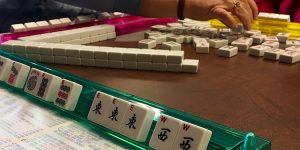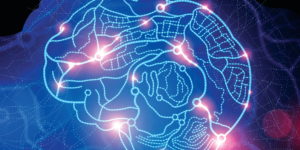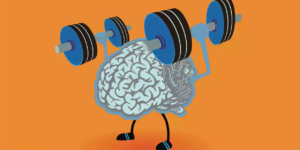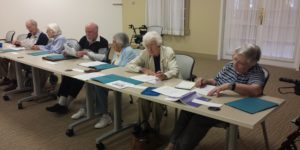
Mah Jongg, for those who are not familiar with it, is a game involving tiles of various “suits” and a card showing possible arrangements of tiles. In order to win, you must complete one of these arrangements before your opponents do. You need to strategize to choose one arrangement as your goal and then decide… Continue reading →







